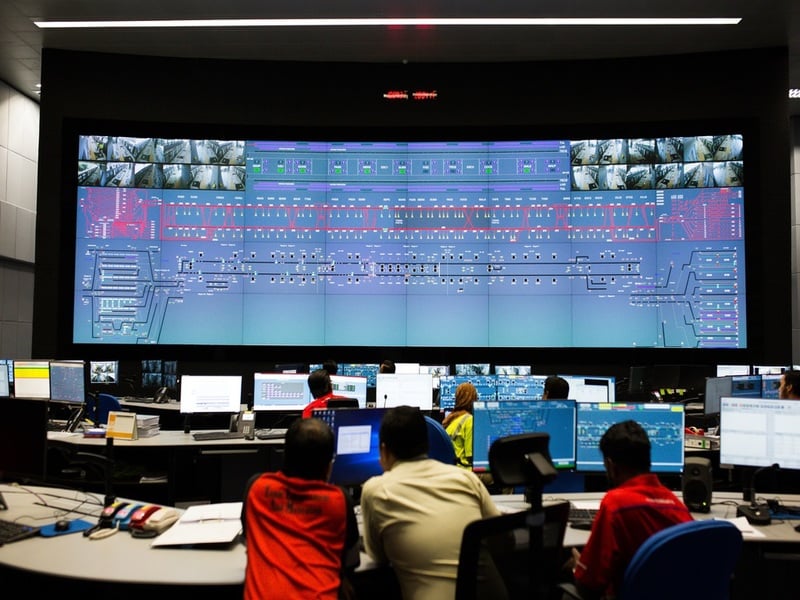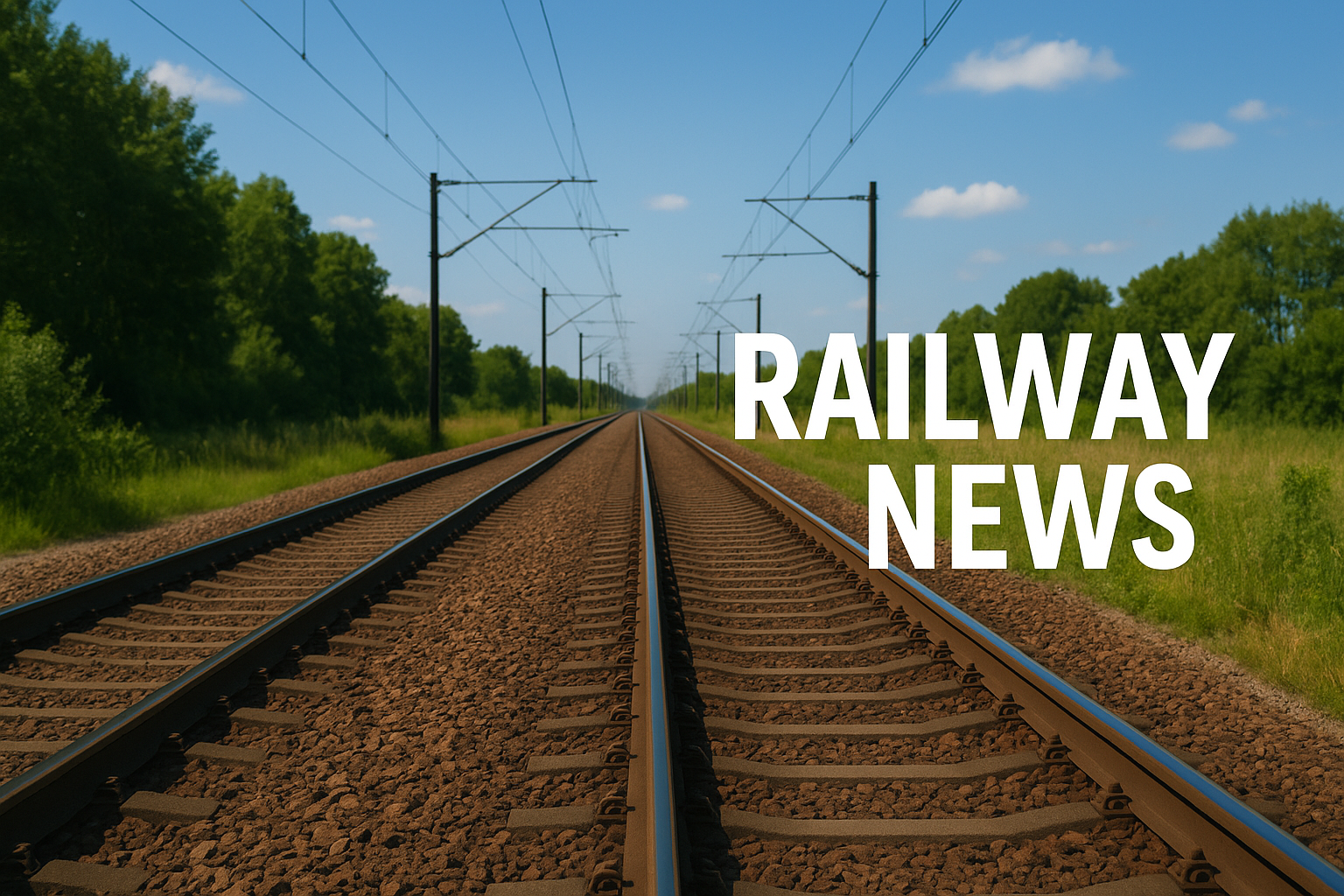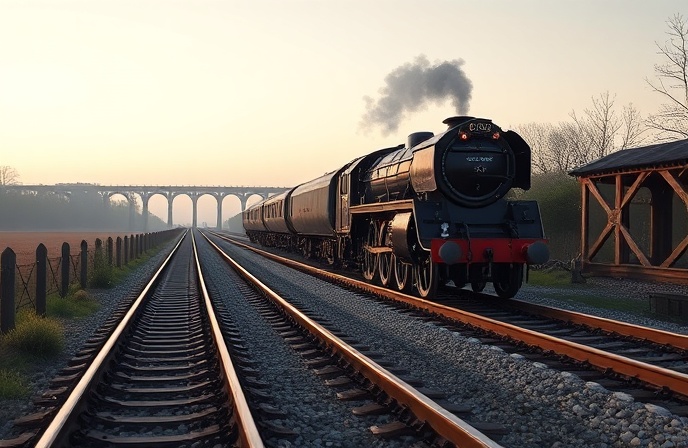Bombardier Installs New Signalling Solution at Kuala Lumpur
Bombardier Transportation has installed a new fully automated signalling solution in Kuala Lumpur, Malaysia, which is expected to increase the speed and efficiency of train services.

Bombardier Transportation has installed a new fully automated signalling solution in Kuala Lumpur, Malaysia, which is expected to increase the speed and efficiency of train services.
The Bombardier CITYFLO 650 rail control solution has entered service on the new second phase of Klang Valley Mass Rapid Transit’s (KVMRT) Sungai Buloh-Kajang (SBK) Line 1, which stretches more than 51km. The line runs from the north-west to the south-east of the capital city of Malaysia.
Bombardier Transportation Rail Control Solutions Asia Pacific vice-president Gregory Enjalbert said: “With the completed KVMRT Line 1 now operating with our driverless CITYFLO 650 solution, Bombardier’s range of urban transport solutions are increasing mobility for up to 700,000 passengers daily in the Greater Kuala Lumpur area.
“Along with the modern driverless Bombardier INNOVIA metro fleet, which opened on the Kelana Jaya Line just a few months ago, we continue to provide truly integrated mobility for Malaysia, helping the government meet its plan to ensure enjoy a seamless commuter journey by 2030.”
Bombardier is installing the fully automated signalling technology along more than 100km of the KVMRT network.
The technology is currently in use or undergoing delivery across 37 rail lines worldwide.
“Bombardier’s range of urban transport solutions are increasing mobility for up to 700,000 passengers daily in the Greater Kuala Lumpur area.”
The company noted that the system offers operators an optimised network capacity and heightened responsive traffic management. It also features a centralised control centre system with advanced radio-based communications.
Bombardier’s CITYFLO 650 rail control solution was previously installed on the Phase I network in December.
Driverless trains are able to operate at frequency intervals of less than three-and-a-half minutes at peak hours, reaching speeds of nearly 100km/h.
The new line is expected to enable the passengers to cross the city within 90 minutes.




